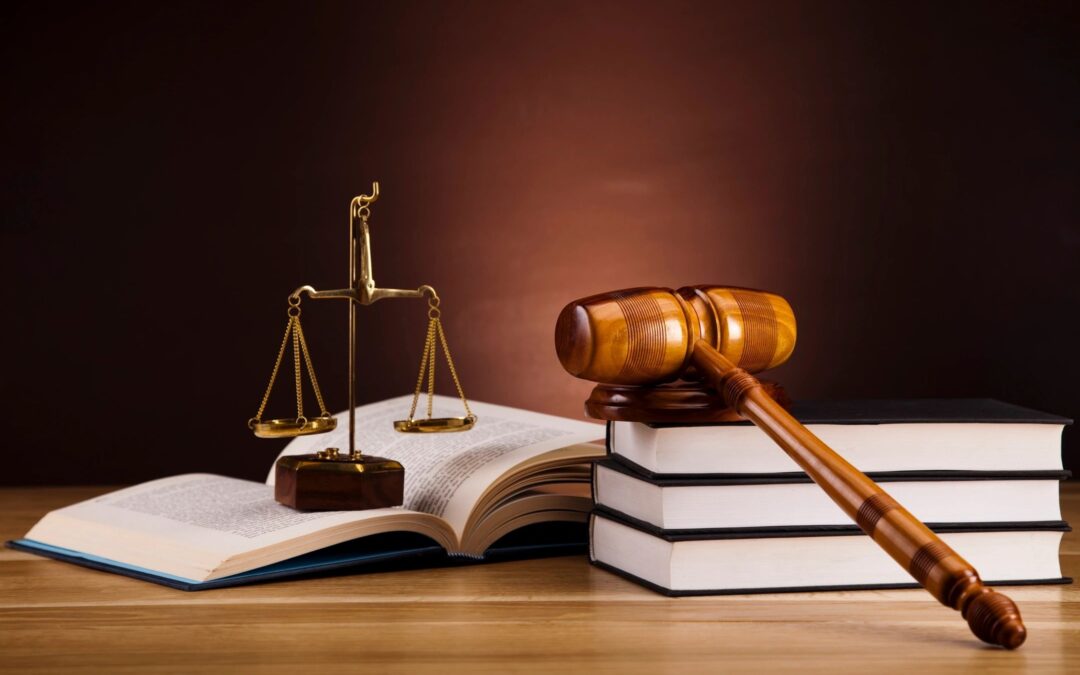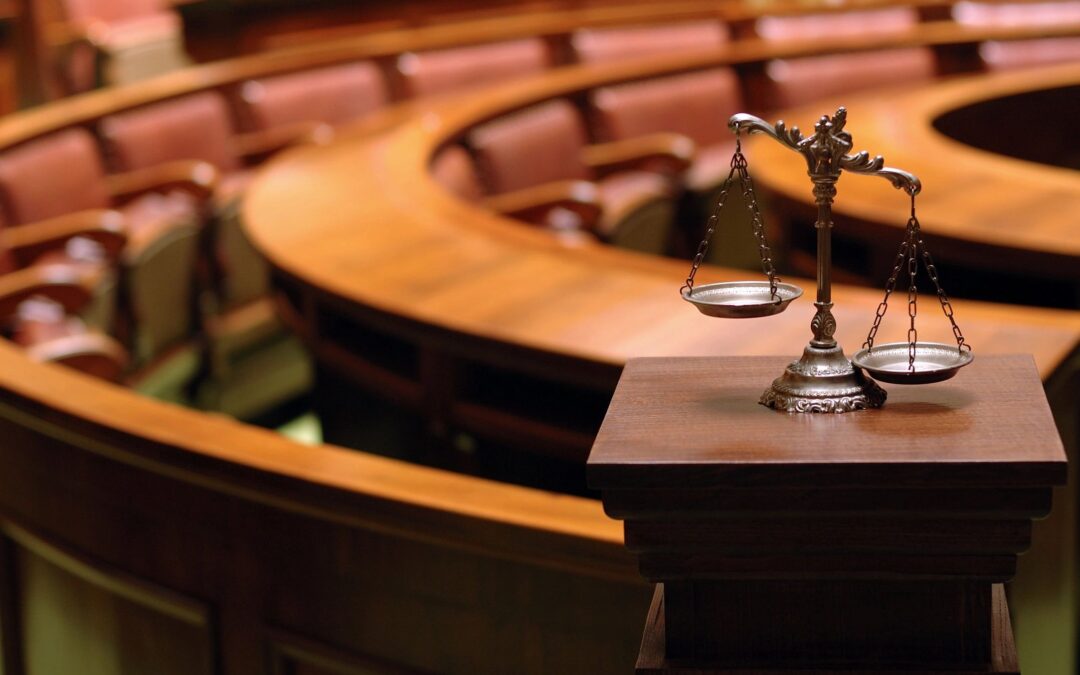
by Carl Kukkonen | Jul 9, 2025 | Prior Art Issues, PTAB News, PTAB Trial Basics, Trial Institution
By Carl Kukkonen – On May 1, 2025, the Patent Trial and Appeal Board (PTAB) denied institution of inter partes review (IPR) of U.S. Patent No. 11,140,841 in the case of Aardevo North America, LLC v. Agventure B.V. The patent in question, owned by Agventure,...

by Anthony Insogna | Jul 8, 2025 | PTAB News, PTAB Trial Basics, Trial Institution
By Anthony Insogna, Sarah Geers, Matt Hertko, Andrea Jeffries, Gasper LaRosa, Jason Winchester, and Matt Johnson – The Situation: Under a new U.S. Patent and Trademark Office (“USPTO”) policy issued in March 2025, pre-institution inter partes review...

by S. Christian Platt | Jun 10, 2025 | PTAB News, PTAB Trial Basics, Stay, Trial Institution
By Sabrina Bellantoni & S. Christian Platt – The Patent Trial and Appeals Board (“PTAB”) recently denied institution of an inter partes review (“IPR”), exercising its discretion under 35 U.S.C. § 314(a) and Apple Inc. v. Fintiv Inc., IPR2020-00019 (PTAB Mar....

by Matthew Johnson | Jun 6, 2025 | PTAB News, PTAB Trial Basics, Trial Institution
By Matt Johnson – The PTAB has published its monthly statistics wrap up for April 2025. As expected, those statistics show a significant decline in the institution rate compared to the first six months of the fiscal year. In those first six months, the overall...

by Matthew Johnson | May 23, 2025 | Discovery, PTAB News, PTAB Trial Basics, Time Limits
By Daniel Sloan and Matt Johnson – USPTO Acting Director Coke Morgan Stewart recently vacated and remanded three Final Written Decisions from the PTAB. Semiconductor Components Indus. v. Greenthread, LLC, IPR2023-01242, IPR2023-01243, IPR2023-01244, Paper 94...

by Matthew Johnson | May 21, 2025 | Estoppel, PTAB News, PTAB Trial Basics
By Evan Tassis and Matt Johnson – Recently, an ITC Administrative Law Judge applied IPR statutory estoppel under 35 U.S.C. § 315(e)(2) in denying a Respondent’s motion for summary determination of invalidity in Certain Audio Players and Components Thereof,...







